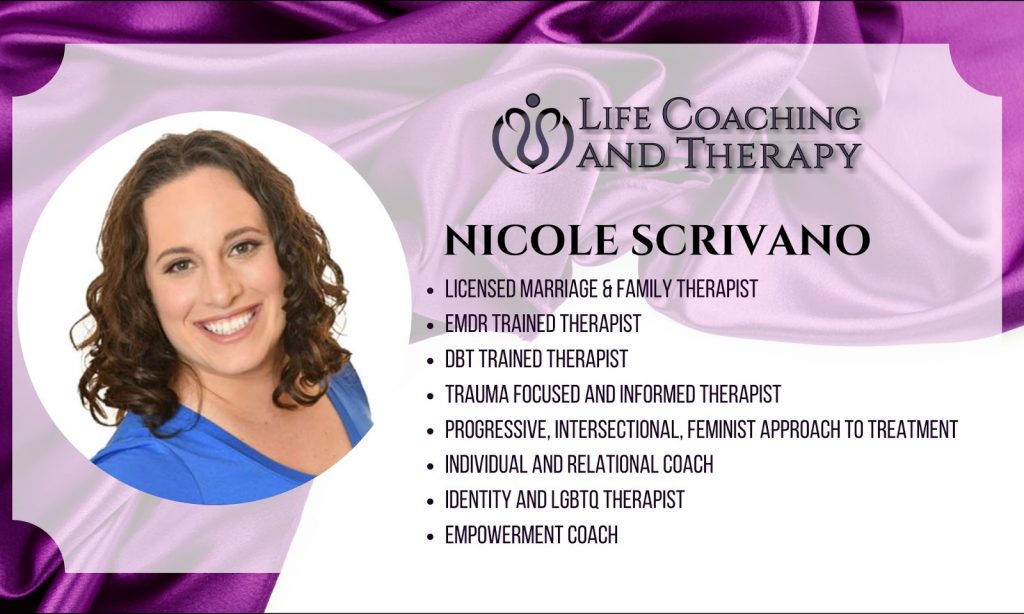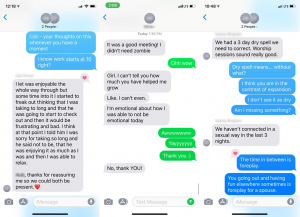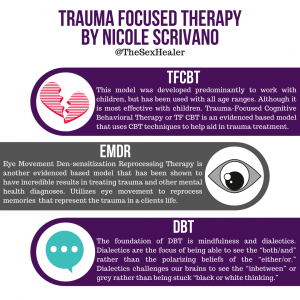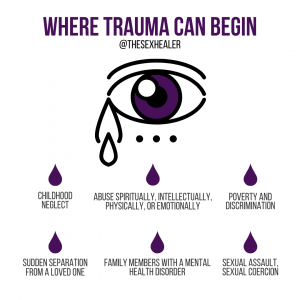What is Narcissism?
What is Narcissism?
“What is narcissism” seems to be a buzzword lately around Life Coaching and Therapy and on the internet.
Having and or knowing someone who is a narcissist is complicated, confusing, and at times overwhelming.
Within my clinical practice, I work with those who have been impacted by narcissists or those who identify as narcissists.
Today, I will try to answer the question “what is narcissism” and bring some clarity.
According to GoodTherapy (2019), narcissism is “excessive self-involvement that causes a person to ignore the needs of others.”
Even though we may behave in a self-involved manner, when we are doing it chronically and at the expense of others without accountability, that is when it becomes problematic.
GoodTherapy (2019) states that clear indicators of narcissism are:
- incredibly self-focused
- difficulty empathizing with others
- Entitlement
- attention seeking behavior
- a focus on the narrative of others, need for admiration or affirmations
- difficulty in relationships
- inability to take responsibility for their actions or behavior
- unable to tolerate criticism, and
- seeking approval from others (GoodTherapy, 2019).
When asking “what is narcissism,” I think it is important to consider there is a spectrum of this ranging from those who have narcissistic tendencies and someone who has an extreme form of narcissism that is a “personality disorder.”
To some degree, we all have parts of us that demonstrate self-serving behaviors, yet that does not mean you are engaging in narcissistic behavior or abuse.
Narcissism: A Family Pattern
Often people who are narcissists are raised in a narcissistic environment.
Their family of origin or people integral in their lives are also narcissistic.
It may appear to be an intergenerational pattern – so that if you look at the person who is acting like a narcissist, you will find their close family members demonstrating these same qualities.
People raised by narcissistic caregivers often struggle with questioning their own reality and emotions.
This constant invalidation creates significant struggles for them as a child and eventual adult as they grow up to have relationships within the community.
Being raised in an environment that is unpredictable where caregivers may show public affection and are distant creates issues in attachment.
This is particularly challenging for children as they learn attachment (which sets the road map for their relationships moving forward) with their caregivers.
Focusing on individual needs rather than that of the family or the child creates a system of modeling this behavior, elevating the “narcissistic part” over the “collaborative” or “empathetic” part(s).
Thus creating another generation that may struggle with narcissism.
This is not to say “it’s my parents’ fault” or to blame someone else (that can be a narcissistic trait).
The point is to recognize that this pattern probably began generations ago.
Often these behaviors are strategies to get a need met or survive trauma.
Behaviors are passed down from generation to generation until someone decides to change them.
As a systemic therapist, this makes sense.
We become and act on what we know.
If we are not intentionally aware of the processes that we learned, we will repeat them.
As someone who specializes in trauma, I often see my clients regress into narcissistic tendencies while in “trauma spirals.”
To be clear, regardless of if you are a narcissist or acting as a narcissist due stress or trauma… it does not justify acting abusively, harmfully, or with disregard to the impact on those around you.
If you are engaging in narcissistic behavior, you are likely engaging in some abusive patterns. I repeat, if you are engaging in narcissistic patterns of behavior, regardless of the reason, you may be engaging in abusive patterns as well.
Can the Cycle be Broken?
In one word, absolutely.
Building insight and awareness with the narcissistic part of you is a skill we teach at LCAT.
If we are looking at ourselves as made up of various aspects (see Inner Aspects model by Francesca Gentille), we can acknowledge and see that we all have parts of us that are narcissistic.
If we are able to look at that part of us, see that part of us, and work with that part of us we are capable of disrupting the pattern.
Acknowledging that we are engaging in these patterns, being committed to doing things differently, and showing up to do the work allows for growth to happen.
The cycle cannot and will not be broken if individuals are not able to see their part, take accountability, and be willing to do the work though.
If your narcissistic part is the part that dominates your person, it may be difficult to do this because that part of you will not want to take responsibility.
Our role would be to help you gently and tenderly acknowledge that you are engaging in destructive, toxic, and or abusive behaviors.
Then, we would help give you the pieces to put your life back as you see fit.
You can get more free content on relationship and sex tips by checking out my Youtube Channel – The Sex Healer.
If you know someone that would benefit from this information, feel free to share it.
 Life Coaching and Therapy (LCAT) is a relationship coaching and sex therapy practice that transforms our clients lives through our flexible, multi-technique approach and pleasure-skills training provided by systemically-trained and licensed therapists!
Life Coaching and Therapy (LCAT) is a relationship coaching and sex therapy practice that transforms our clients lives through our flexible, multi-technique approach and pleasure-skills training provided by systemically-trained and licensed therapists!
Our team of compassionate, licensed therapists and certified sex therapists help Millennials and Baby Boomers alike who visit us for a variety of relationship, intimacy and sex problems.
LCAT provides on-site appointments, as well as video chat and text therapy programs. For clients hoping to take their intimate lives to the next level through personalized coaching on YOUR terms, learn more about our Text Therapy Program.
Learn more about how LCAT can help improve your life at What We Do.
Call or text us at 203-733-9600 or make an appointment.






 We strive to provide an identity-affirming environment to all.
We strive to provide an identity-affirming environment to all.
 Get to know our founder and owner, Amanda Pasciucco, (a.k.a. The Sex Healer) PhD, Licensed Marriage and Family Therapist (LMFT), and an AASECT Certified Sex Therapist (CST) that has developed innovative therapy programs and therapy videos that get results.
Get to know our founder and owner, Amanda Pasciucco, (a.k.a. The Sex Healer) PhD, Licensed Marriage and Family Therapist (LMFT), and an AASECT Certified Sex Therapist (CST) that has developed innovative therapy programs and therapy videos that get results.











 What we do now to prepare will help us manage any turbulence ahead. How we manage our jobs, whether we can manage text therapy with our counselors, and maintain relationships with so much stress will be a challenge. As always, having a plan will help build certainty when it’s so hard to find in other places.
What we do now to prepare will help us manage any turbulence ahead. How we manage our jobs, whether we can manage text therapy with our counselors, and maintain relationships with so much stress will be a challenge. As always, having a plan will help build certainty when it’s so hard to find in other places.
























